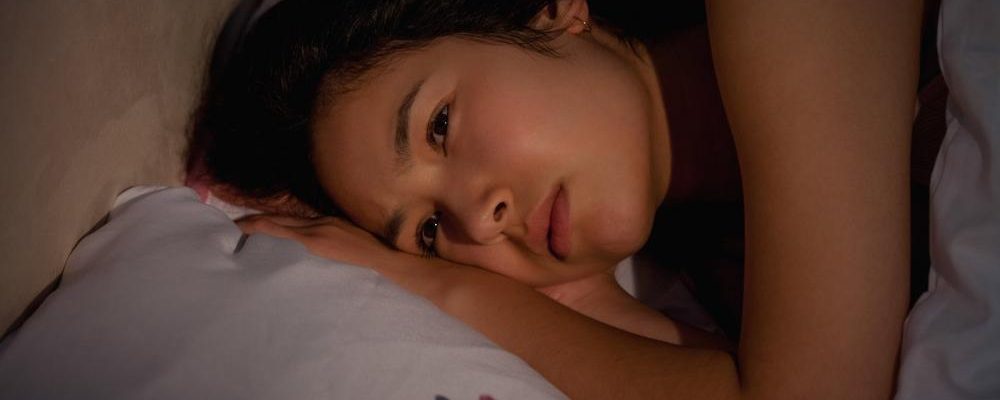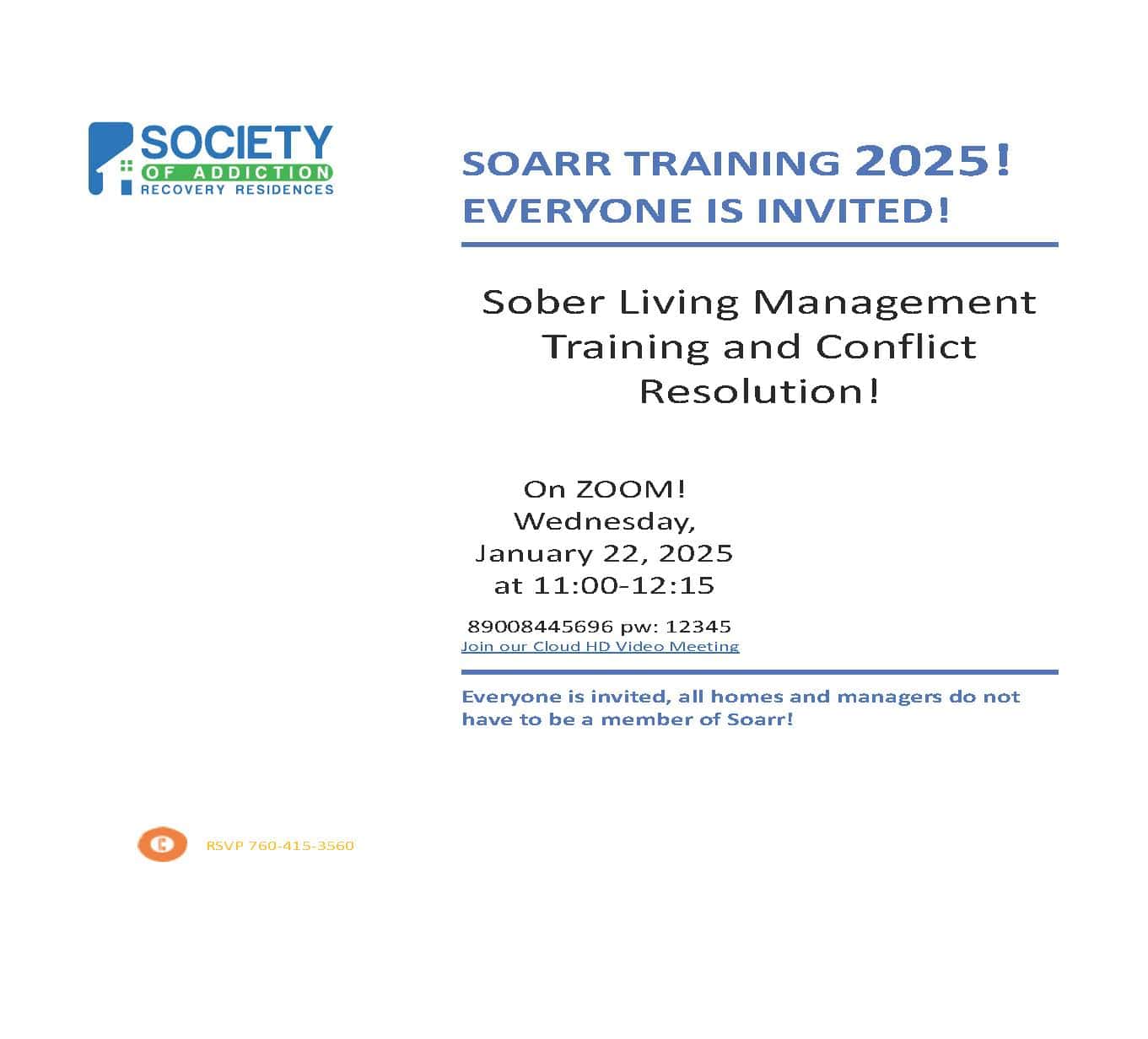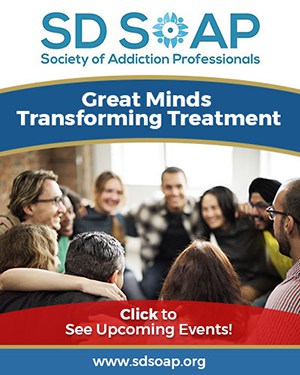Addiction is a tiring disease. When you first get clean and sober, you’ll probably find that your energy levels vary. Once you’re comfortable with your newfound sobriety, you will probably start working towards new goals. You may find yourself busier than ever before – after all, there’s a lot of lost time to make up. However, if you’re spending so much time working on yourself and living life that you’re not getting enough sleep, it’s time to reprioritize.
Sleep is Important
Sleep is an essential biological need. Without sleep, you may find yourself having trouble remembering things or focuses. Science has proven that when you sleep, your body can help remove toxins from your brain.
Long-term detox from drugs and alcohol takes time, and detoxing from these things is essential to your recovery. Your brain also needs to detox from stress and pollutants.
Sleep is also a way for your brain to solve problems at night. Have you ever woken up in the morning with a great idea or solution to something that’s been bugging you? That’s an aftereffect of your brain’s complex problem-solving process.
Combatting Insomnia
A lot of people both in and out of recovery have insomnia. We live in a world that is always overwhelming us with information about Hollywood, politics, and consumer goods that they hope we’ll purchase.
If you have trouble getting to sleep at night, you’re probably going to need to change a few behaviors.
Here are some things to try:
- Exercise in the morning. Don’t exercise in the evening or you’ll be stuck with your adrenaline pumping.
- Don’t drink caffeine after 3 pm. It can cause you to stay up later.
- Don’t play on your phone while in bed. It’s easy to lose sleep time because you’re playing a video game or texting other night owls.
- Don’t take your laptop to bed. Instead, keep it in another room. Your brain needs to know that bed is only for sleeping.
- Go to bed at the same time every night, even if you can’t sleep. Get up at the same time every morning.
- Consider trying a guided meditation or a white noise machine to help you get to sleep.
- If you really can’t sleep, get out of bed and try again in half an hour or so. Don’t let yourself play video games or anything that involves a lot of interaction. Instead, watch a 20 minute Youtube video (but not in bed!)
These are just a few ways to help you get to sleep at night. If you find that you have thoughts racing or mood swings that can keep you up at night, see a doctor so that they can help you make healthier decisions about getting to sleep at night.
Need Structure?
Check our directory for Addiction Recovery residences to learn more about your options for recovery housing. Living with others in recovery can help you establish healthier patterns and build a strong foundation for your journey to health.





